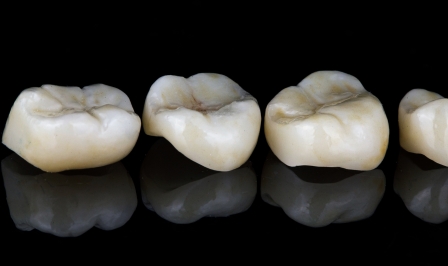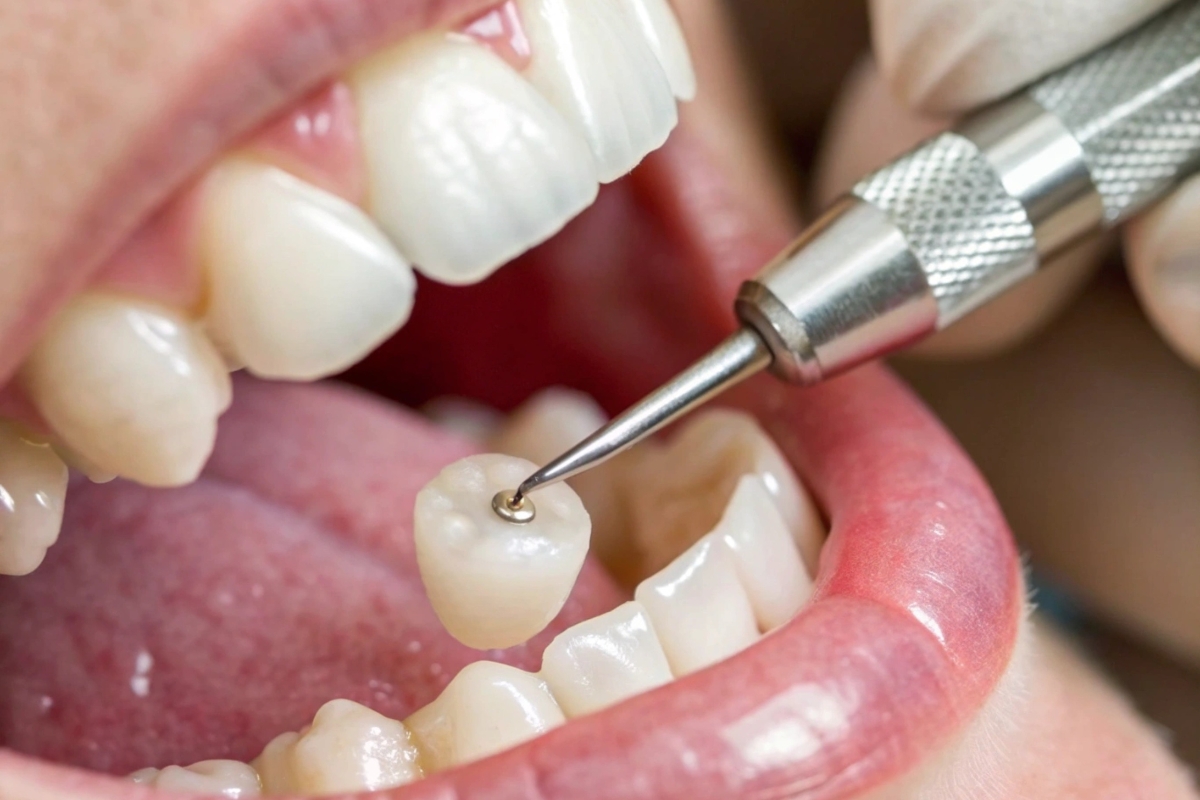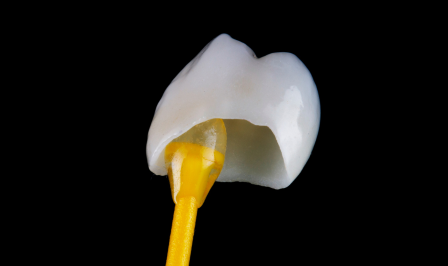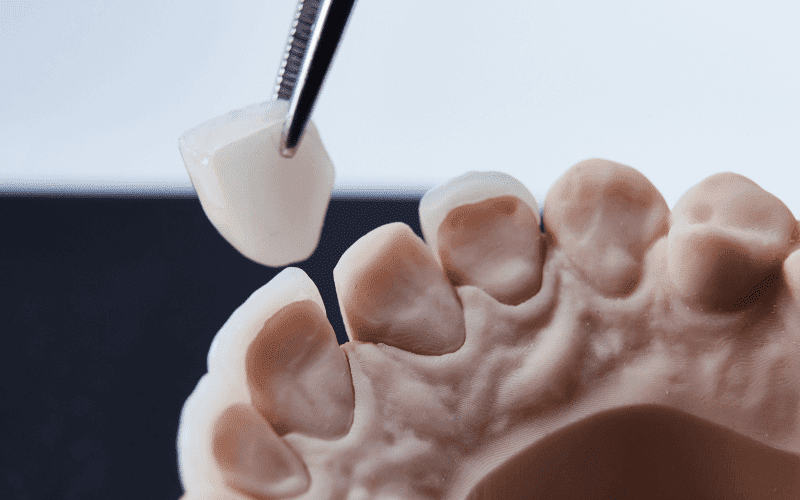
Do you know when dental crowns are used? Dentists generally use them to repair damaged teeth. Crowns not only restore the functionality of teeth but also enhance their appearance. They are also highly durable and can withstand everyday wear and tear with ease. While you take good care of them, it can even last for more than 15 years. However, certain activities can damage your crowns and make them fall out prematurely. So, how should you take good care of your crown and prevent it from falling off? Let’s take a detailed look at this blog about dental guidelines for caring for dental crowns. Even though your dentist will guide you, additional information will help you to be extra careful.
Maintain Excellent Oral Hygiene
For a moment, set aside dental crowns; maintaining good oral hygiene is crucial to preserving your oral health. Even if there are no chances for crowns to decay, the teeth inside are always vulnerable. Plaque and tartar buildup near the gumline can be hazardous. If your gums become weak, your crowns will automatically start to loosen. Brushing your teeth twice with fluoride toothpaste and flossing can help avoid such scenarios. Antibacterial mouthwashes can provide added protection. Always be extra attentive towards the edges of your crowns.
Be Cautious With What You Eat
Detection of food always plays a key role in determining the longevity of dental crowns in Cedar Grove. Try to avoid any foods with a sticky texture. It includes gummies, caramel, and chocolates, as it can pull out the crowns. You should also avoid hard foods, such as candies, nuts, popcorn, and even ice. Biting into hard surfaces can significantly damage the crowns, leading to cracks and chips. Dentists advise patients to distribute th foods throughout the mouth rather than chewing on one side. Additionally, focus on breaking down food into smaller pieces before chewing.
Don’t Skip Dental Checkups
There may be underlying problems that patients are unable to identify on their own. Minor adjustments should be enough while the crown-related issues are detected at an early stage. Hence, visiting your dentist is essential to prevent your crown from falling out. Apart from the crown, dentists also check the condition of the underlying tooth, gums, and even the underlying structures. Even the slightest of gaps near your gumline can be ideal for germs and bacteria to enter. The general guideline recommends that patients visit the dentist at least twice a year.
Address Issues Immediately
If your crown feels loose, don’t wait for it to fall off. A crown that’s shifting or moving can indicate that the dental cement has weakened or that the underlying tooth has been compromised. Contact your dentist as soon as you notice any movement, discomfort, or pain. Waiting too long can increase the risk of infection, tooth decay, or needing a complete crown replacement.
Avoid Using Your Teeth as Tools
It may seem convenient to use your teeth to open packages, bite your nails, or hold objects, but this habit can lead to a damaged or dislodged crown. Dental crowns are strong, but they aren’t designed to handle that kind of stress. Treat your crown — and all your teeth — with care by using scissors, bottle openers, and other tools for their intended purposes.
Secure Your Crown Following Smart Habits
Preventing dental crowns from falling off largely depends on maintaining good oral hygiene habits, practicing regular dental care, and being mindful of your daily actions. With proper oral hygiene, wise food choices, regular dental checkups, and a bit of caution, your crown can stay firmly in place for many years. Consult your dentist immediately if you feel something is not right.








